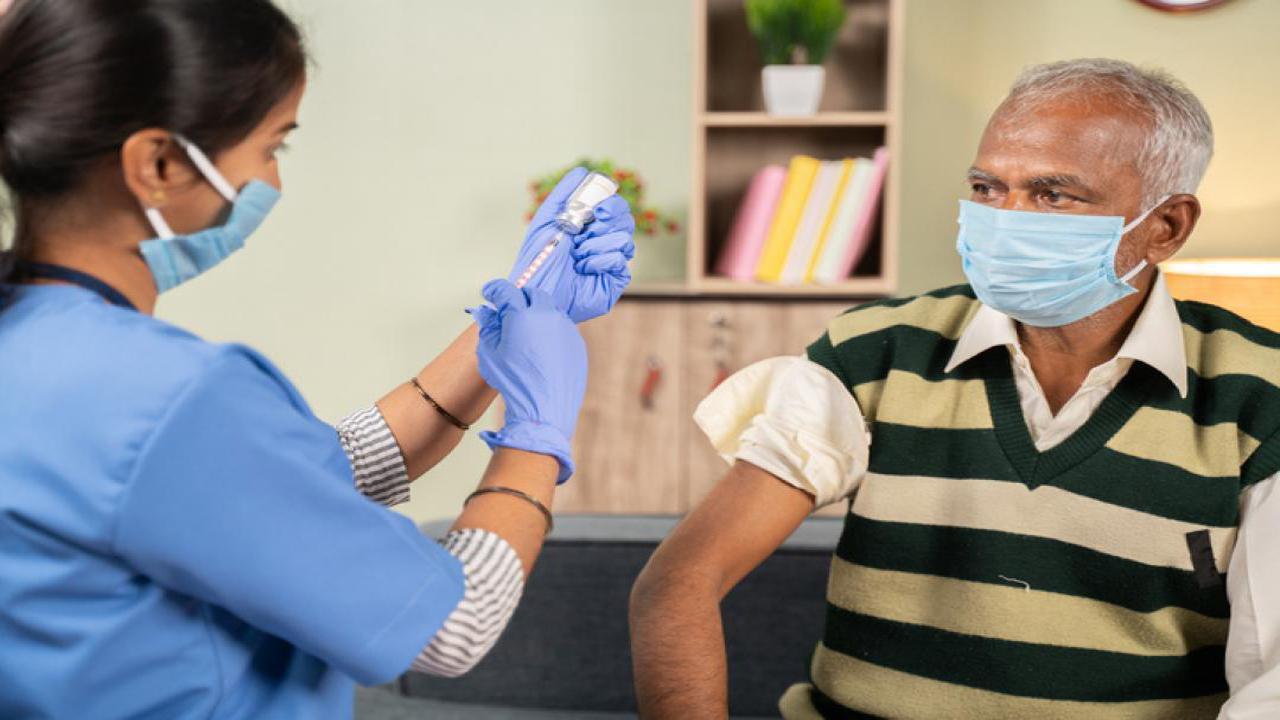Home / Lifestyle / Health & Fitness / Article /
Explained: Is it time to discuss vaccine booster shots in India?
Updated On: 05 October, 2021 11:11 AM IST | Mumbai | Sarasvati T
As the debate concerning the duration of Covid-19 vaccine effectiveness gets intense, Mumbai-based experts bust misinformation about booster shots, stressing on the need to fully vaccinate the public with two doses of either of the two available vaccines

Only 18 percent of the total population of the country are fully vaccinated as per government data. Photo: iStock
Data released recently by the Brihanmumbai Municipal Corporation (BMC) suggested that out of the 5.4 percent breakthrough cases of Covid-19 registered between February 1 and September 24, 3.51 percent were vaccinated with at least one dose and 1.98 percent had received both doses of the vaccine.
The vaccine has largely diluted the effect of the virus and the infection is either not serious or very mild in the breakthrough cases registered, the BMC further said.



